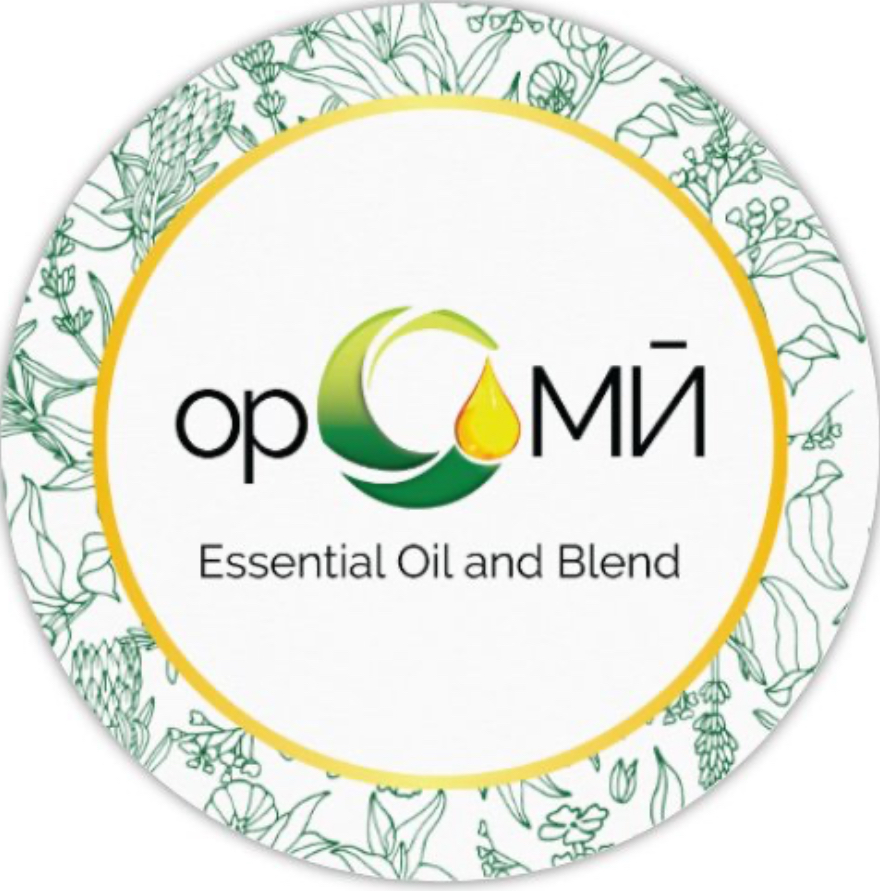The Untold Journey of Essential Oils Through Time and Culture
- Opomn Essential Oil and Blend

- 7 days ago
- 4 min read
Updated: 3 days ago
Essential oils have captivated humanity for thousands of years. These potent plant extracts blend wellness, beauty, and spirituality in a way that resonates deeply with many cultures. Their rich history hints at uses that go far beyond mere fragrance, serving as key players in ancient rituals and modern therapeutic practices alike. This journey through time reveals how essential oils have influenced and reflected the beliefs and practices of various societies.
Ancient Beginnings
The earliest recorded use of essential oils dates back to ancient civilizations. In Egypt, around 4500 BC, essential oils were integral to religious ceremonies, preservation, and daily life. Egyptians skillfully extracted oils from plants, using them in embalming practices and for anointing the deceased. The famous Ebers Papyrus, created around 1550 BC, highlights the use of over 700 medicinal plants, showcasing the importance of these aromatic substances.
The knowledge of essential oil extraction spread across the Mediterranean. The Greeks, for example, used oils like lavender and myrrh for their therapeutic applications. Hippocrates, often called the father of medicine, recommended aromatic plant baths for improving physical and mental health, suggesting that over 70% of his treatments involved natural remedies.
The Resurgence in the East
While essential oils flourished in the West, their use was equally significant in the East. In Traditional Chinese Medicine (TCM), essential oils played a vital role. Ancient Chinese texts document the use of aromatic substances for healing, emphasizing their ability to balance energy and promote both physical health and spiritual growth.
In India, Ayurveda deeply embraced the healing potential of aromatic plants. Essential oils were incorporated into daily rituals and treatments. For instance, the use of sandalwood oil in meditation not only enhances focus but also promotes tranquility and emotional balance. This holistic approach emphasizes harmony within body and mind, a principle that has withstood the test of time.
The Middle Ages: A Time of Discovery
As trade routes expanded during the Middle Ages, knowledge of essential oils spread across Europe and Asia. Returning soldiers and travelers introduced their homelands to exotic oils. These substances gained popularity not only for their scents but also for their medicinal properties.
During this time, the infamous "Plague" heightened the use of essential oils for disinfection and protection. Burning aromatic herbs, such as rosemary and clove, became common to purify the air, as people believed these oils could ward off disease. Historical records reveal that households that employed these oils experienced up to a 50% reduction in reported sickness during epidemics.
The Age of Enlightenment: Scientific Exploration
The 17th and 18th centuries marked a turning point in the understanding of essential oils. Chemists began to analyze and isolate the constituents of these oils, paving the way for modern aromatherapy. In France, chemist Pierre Françoise Verlaine made significant contributions by perfecting the distillation method that remains a cornerstone of essential oil production today.
Following this scientific exploration, essential oils gained recognition among herbalists and medical practitioners. Their applications expanded from exclusive use in aromatherapy into perfumes and cosmetics, showcasing their versatility. This growing acceptance laid the groundwork for the aromatherapy resurgence we witness today.
The Modern Era: Therapeutic Revolution
The 20th century witnessed an exciting revival in the popularity of essential oils. This shift can be traced back to the pioneering work of French chemist René-Maurice Gattefossé. His discovery of the healing properties of lavender oil, especially after treating his own burn during World War I, sparked public interest and established a framework for contemporary aromatherapy.
Today, essential oils are commonplace in health and wellness sectors. Whether in diffusers at home or massage therapy practices, their benefits are well recognized. Research shows that essential oils can reduce stress by as much as 30%, improve mood, and even support respiratory health. This growing body of evidence encourages individuals to incorporate essential oils into their daily routines.
Cultural Significance and Rituals
Essential oils have evolved beyond their practical uses to become significant in cultural practices worldwide. Many cultures employ specific scents in rituals to connect with spiritual beliefs. For instance, indigenous groups utilize sage and cedar oils for cleansing and protection.
The rise of mindfulness and wellness movements has reignited interest in essential oils. Practitioners of yoga and meditation often use aromatherapy to deepen experiences, helping individuals connect with their inner selves through the healing power of scent. This approach highlights how essential oils can enhance mindfulness practices, fostering emotional balance and awareness.
Sustainability and Ethics
As the demand for essential oils grows, so does the focus on sustainable sourcing. It is crucial to ensure that production practices preserve the delicate ecosystems from which these oils derive. Many organizations now prioritize ethical harvesting and fair trade.
This growing awareness encourages consumers to learn about the plants' rich heritage and the cultures that utilize them. By promoting sustainable practices, we deepen our connection with essential oils and their origins, appreciating both their cultural significance and the ecosystems that support their production.
A Legacy of Connection
The journey of essential oils through time reveals a rich tapestry of tradition, healing, and spirituality. From their ancient roots to their integral role in modern wellness, essential oils are more than just fragrant substances. They are powerful tools for healing and connection.
As our society continues to evolve, exploring how we integrate essential oils into modern practices ensures these aromatic treasures remain relevant. Understanding their history not only urges us to respect their origins but also inspires advocacy for sustainable practices. Essential oils invite us to appreciate the cultures that have celebrated their use for centuries.

In this age of rapid change, the enduring legacy of essential oils serves as a fragrant reminder of our connection to nature and the history that shapes our present. Embracing this knowledge enriches our understanding and invites us to appreciate the subtle beauty of these healing oils.




Comments